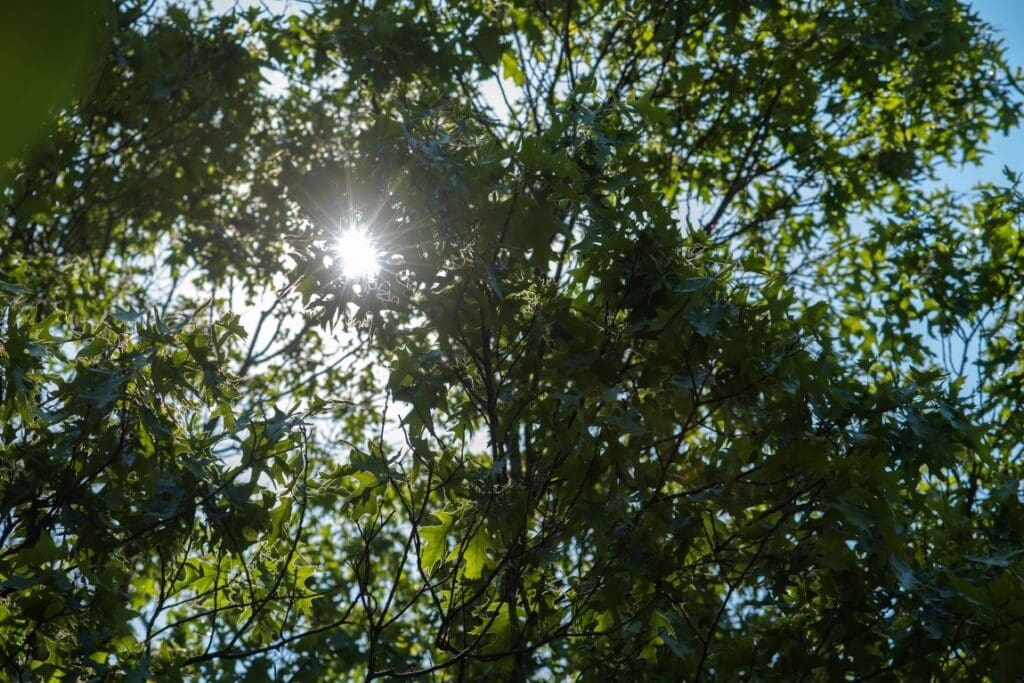Since January 2025, Ecuador has been grappling with extreme rainfall, affecting 23 of its 24 provinces. The torrential rains have triggered widespread flooding, landslides, and extensive damage to infrastructure, leaving nearly 20,000 people impacted. As a result, the government has declared a state of emergency in eight coastal provinces.

On 26 February 2025, the Copernicus Emergency Management Service (CEMS) was activated to assess the extent of the flooding and landslides. This image, based on CEMS data, illustrates the progression of the flooded areas between 24 February and 2 March, with the affected regions marked in varying blue tones.
Copernicus provides essential open data for monitoring flood events, offering valuable insights that support emergency response efforts, including rescue and recovery operations in the wake of natural disasters.
Featured image credit: European Union, Copernicus Emergency Management Service Data | Basemap: Copernicus Sentinel-2 imagery



